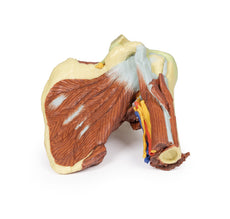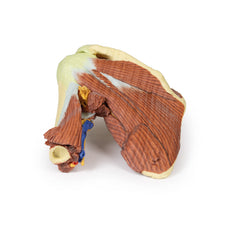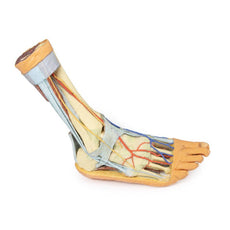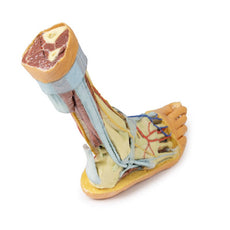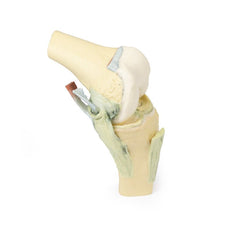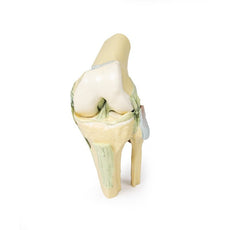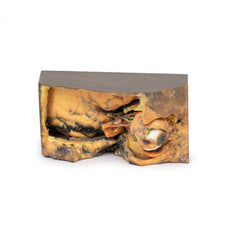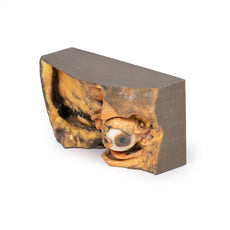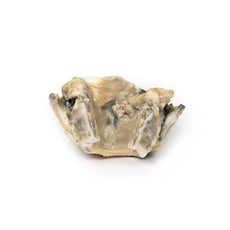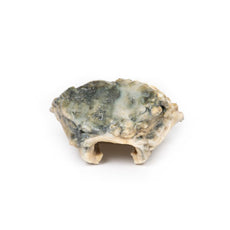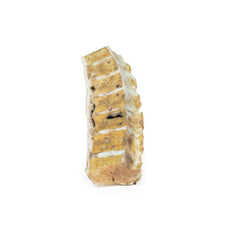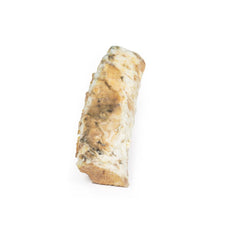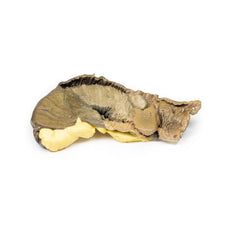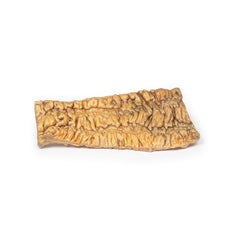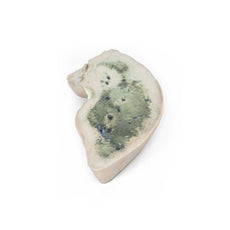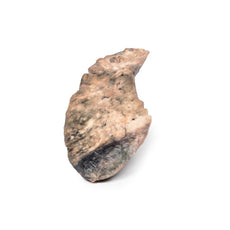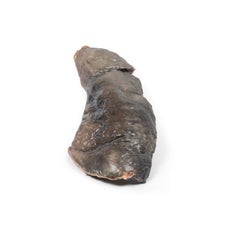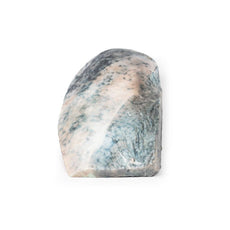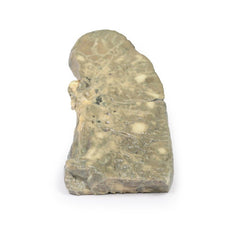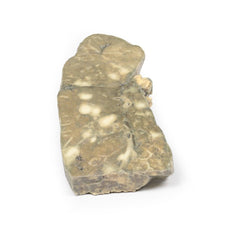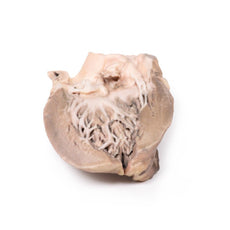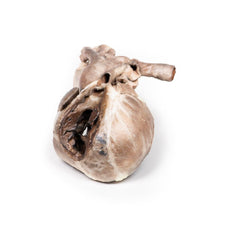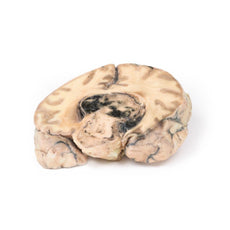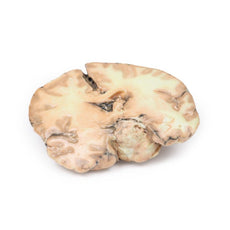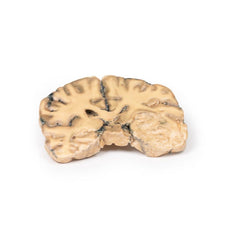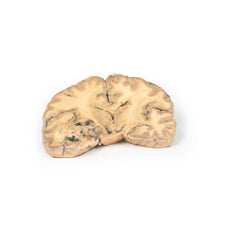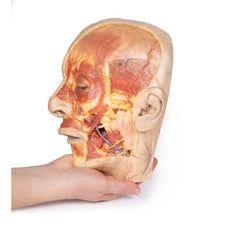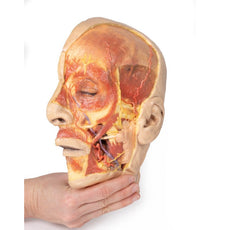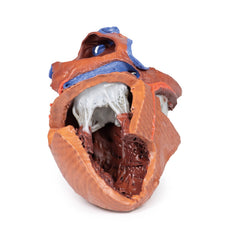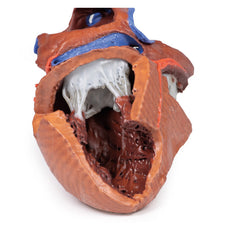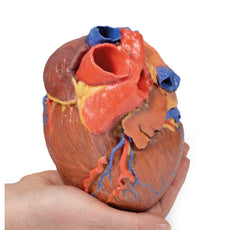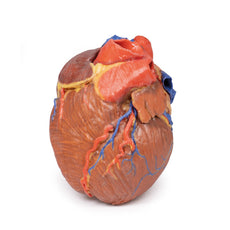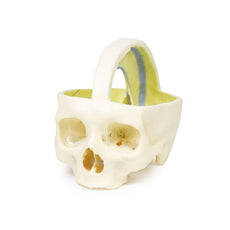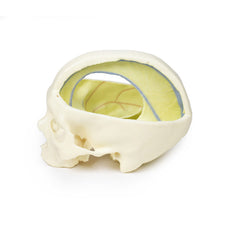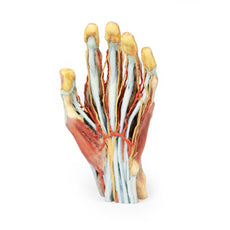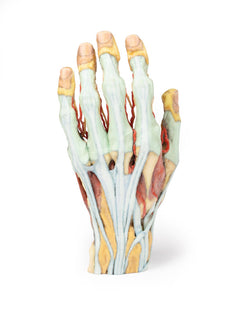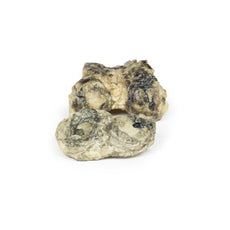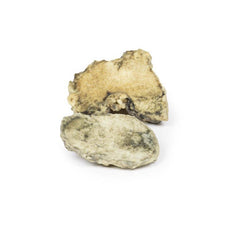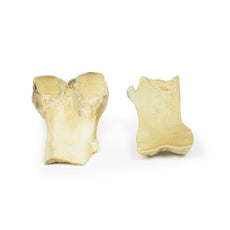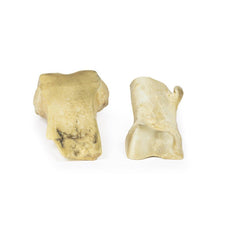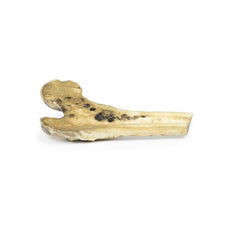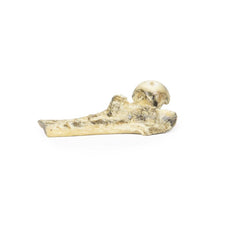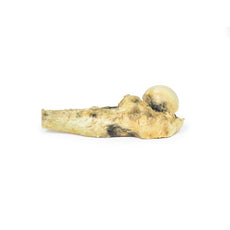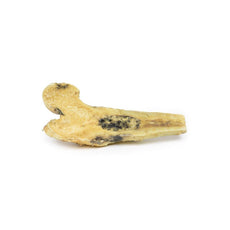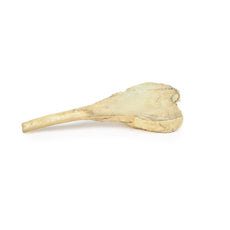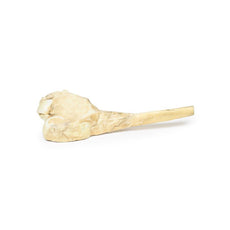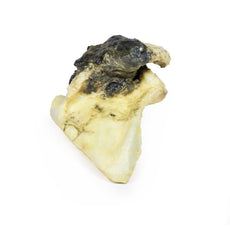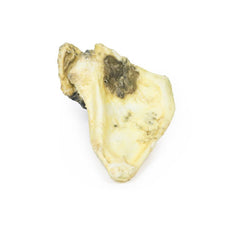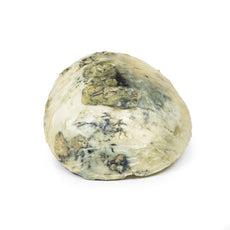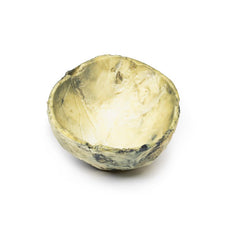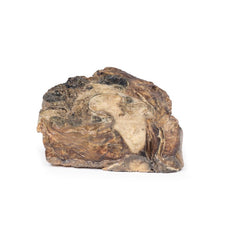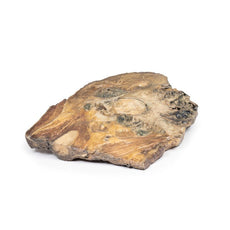Your shopping cart is empty.
3D Printed Abdominal Aortic Aneurysm
Item # MP2030Need an estimate?
Click Add To Quote

-
by
A trusted GT partner -
FREE Shipping
U.S. Contiguous States Only -
3D Printed Model
from a real specimen -
Gov't pricing
Available upon request
3D Printed Abdominal Aortic Aneurysm
Clinical History
This 70-year-old man with a past history of mild gastro-oesophageal reflux presented to the
Alfred Hospital with a sudden onset of severe upper abdominal pain, which radiated to the left shoulder tip. On
examination, he was distressed and hyperventilating, pulse rate 87/min, and a blood pressure 140/90 mm Hg.
Abdominal examination revealed board-like rigidity and diminished bowel sounds. At emergency laparotomy no
evidence of a ruptured viscus was found; the pancreas appeared normal and an unruptured abdominal aortic
aneurism was noted. Endoscopy on the following day showed a ruptured oesophageal ulcer and a Celestin tube was
inserted. The patient developed localised infective complications, pulmonary oedema and congestion, and died 19
days after admission.
Pathology
The specimen consists of lower abdominal segment of aorta together with common iliac vessels and
proximal portions of the internal and external iliac arteries. A large 10 x 7 cm aneurysm is situated below the
origin of the renal arteries extending to the aortic bifurcation. The aneurysm with its severe thinning of the
wall of the abdominal aorta is partly lined by a laminated thrombus, indicating the chronicity of the process.
There is evidence of a recent thrombus on the luminal surface. There also appears to be some aneurysmal
dilatation of the common iliac and (opened) proximal left external iliac artery. The abdominal aorta at the
upper end of the specimen shows multiple focally ulcerated atheromatous plaques. There is no evidence of
rupture.
Further Information
Abdominal aortic aneurysm (AAA or triple A) represents a localized enlargement of the
abdominal aorta (diameter >3 cm or more than 50% larger than normal)[1]. They are usually asymptomatic,
except during rupture[1]. Large aneurysms may be palpable on abdominal examination. Occasionally, abdominal-,
back-, or leg pain may occur depending on location and size. Rupture may result in pain in the abdomen or back,
sudden low blood pressure with loss of consciousness, and often results in death[1]. AAA’s occur most commonly
in those over 50 years of age, in men, and amongst those with a family history of this disease. Additional risk
factors include smoking, high blood pressure, and other heart or blood vessel diseases. They are also found in
genetic abnormalities, including Marfan’s syndrome and Ehlers-Danlos syndrome. AAAs are the most common form of
aortic aneurysm, and about 85% occur below the kidneys.
 Handling Guidelines for 3D Printed Models
Handling Guidelines for 3D Printed Models
GTSimulators by Global Technologies
Erler Zimmer Authorized Dealer
The models are very detailed and delicate. With normal production machines you cannot realize such details like shown in these models.
The printer used is a color-plastic printer. This is the most suitable printer for these models.
The plastic material is already the best and most suitable material for these prints. (The other option would be a kind of gypsum, but this is way more fragile. You even cannot get them out of the printer without breaking them).The huge advantage of the prints is that they are very realistic as the data is coming from real human specimen. Nothing is shaped or stylized.
The users have to handle these prints with utmost care. They are not made for touching or bending any thin nerves, arteries, vessels etc. The 3D printed models should sit on a table and just rotated at the table.









